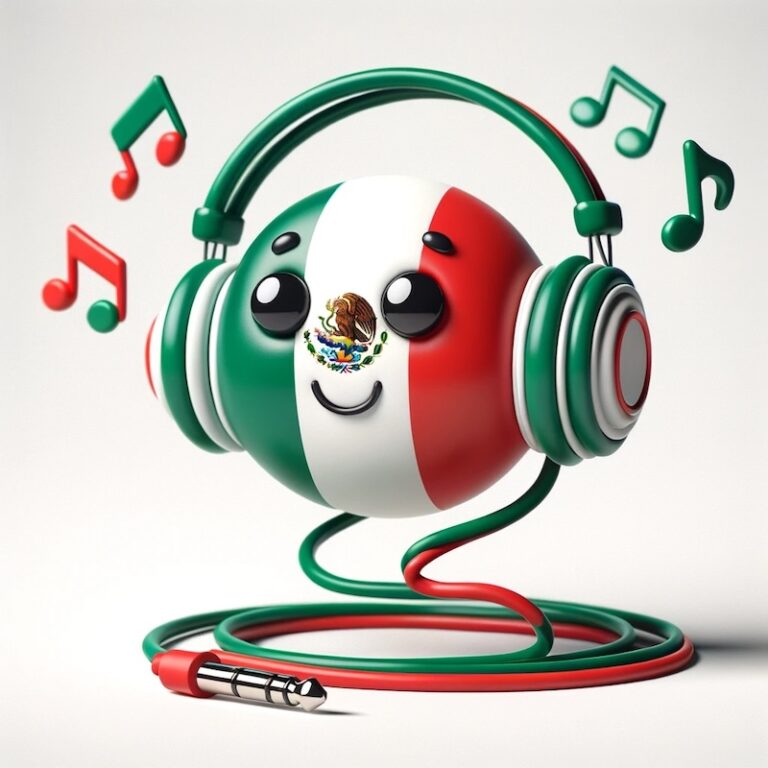36 French DJs who have made significant contributions to the electronic music scene
1. David Guetta – One of the world’s most renowned DJs, known for blending electronic music with pop.
2. Daft Punk (Thomas Bangalter and Guy-Manuel de Homem-Christo) – Iconic duo that revolutionized electronic music with their unique style.
3. Justice (Gaspard Augé and Xavier de Rosnay) – Known for mixing electronic music with rock and their striking visual aesthetic.
4. DJ Snake – Producer and DJ famous for global hits like “Turn Down for What” and “Taki Taki”.
5. Martin Solveig – DJ and producer known for his ability to create dance-pop hits.
6. Bob Sinclar – A key figure in the house and disco scene, known for tracks like “Love Generation”.
7. Laurent Garnier – A pioneer of techno music in France, with a career spanning over three decades.
8. Gesaffelstein (Mike Lévy) – Producer and DJ known for his dark and minimalist sound.
9. Busy P (Pedro Winter) – Founder of Ed Banger Records and former manager of Daft Punk, influential in the electro scene.
10. Brodinski (Louis Rogé) – Known for his focus on techno and hip-hop music.
11. Tchami – Pioneer of the future house genre, known for his distinctive and energetic sound.
12. Malaa – Mysterious DJ and producer known for his influence in the bass house genre.
13. Breakbot (Thibaut Berland) – Producer and DJ known for his funky and disco style.
14. Cassius (Philippe Zdar and Boom Bass) – Duo influential in the house scene and French Touch movement.
15. Yuksek (Pierre-Alexandre Busson) – Producer and DJ known for his energetic electropop.
16. The Avener (Tristan Casara) – DJ and producer known for his melodic deep house.
17. Petit Biscuit (Mehdi Benjelloun) – Young producer known for his chillwave and electropop.
18. Worakls – DJ and producer who combines electronic music with orchestral elements.
19. Fakear (Théo Le Vigoureux) – Electronic producer with influences from world music.
20. Joris Delacroix – Known for his emotive and melodic deep house.
21. Joachim Garraud – Pioneer of electronic music in France, known for his electro house style.
22. Feder (Hadrien Federiconi) – DJ and producer known for his deep house and hits like “Goodbye”.
23. Kungs (Valentin Brunel) – Young DJ and producer known for his hit “This Girl”.
24. Madeon (Hugo Leclercq) – Electropop producer known for his innovative use of samples.
25. Mr. Oizo (Quentin Dupieux) – Electronic music producer and filmmaker, known for his hit “Flat Beat”.
26. SebastiAn – Producer and DJ with a distinctive style that mixes electro with funk and hip-hop.
27. Vitalic (Pascal Arbez-Nicolas) – Known for his energetic techno and electro.
28. Agoria (Sébastien Devaud) – DJ and producer known for his melodic and atmospheric techno.
29. Chloé – DJ and producer known for her experimental approach to electronic music.
30. Étienne de Crécy – Pioneer of French electronic music and key figure in the French Touch movement.
31. Jeremy Underground – DJ known for his selection of deep house and soulful music.
32. Rone (Erwan Castex) – Producer and DJ known for his emotive and cinematic electronic music.
33. Acid Arab (Duo formed by Guido Minisky and Hervé Carvalho) – Known for blending electronic music with Middle Eastern sounds.
34. Polo & Pan (Paul Armand-Delille and Alexandre Grynszpan) – Duo known for their psychedelic and tropical electropop.
35. Myd (Quentin Lepoutre) – Producer and DJ part of the Club cheval collective, known for his house and disco.
36. Superpoze (Gabriel Legeleux) – Known for his melodic and atmospheric approach to electronic music.
Discover the Ultimate French DJ Playlist: Electronic Vibes from France on Spotify
The Evolution of French Electronic Music: A Journey Through Sound
French electronic music, with its rich tapestry of sounds and influential history, stands as a pillar in the global music landscape. This genre’s journey from the pioneering days of Jean-Michel Jarre to the contemporary beats of Daft Punk and Justice highlights a tradition of innovation and a unique sound that has captivated audiences worldwide.
The Foundations of French Electronic Music
Jean-Michel Jarre: The Synthesizer Maestro
Jean-Michel Jarre, often hailed as the Synthesizer Maestro, has left an indelible mark on the world of electronic music, with his groundbreaking album “Oxygène” in the 1970s serving as a pivotal moment in the genre’s evolution. Jarre’s innovative use of synthesizers not only showcased his mastery over electronic instruments but also set a new standard for what electronic music could achieve. His work is characterized by a unique blend of classical music sensibilities with avant-garde electronic sounds, creating immersive soundscapes that were ahead of their time.
The Genesis of “Oxygène” and Its Impact
Released in 1976, “Oxygène” was a monumental achievement in the realm of electronic music. At a time when the genre was still in its infancy, Jarre’s album offered a glimpse into the vast potential of synthesizers to create complex, emotive, and atmospheric compositions. The album’s lush, layered textures and ambient soundscapes captivated listeners worldwide, selling millions of copies and cementing Jarre’s status as a pioneer of electronic music.
Jarre’s Synthesizer Mastery
Jean-Michel Jarre’s approach to music production involved an intricate understanding of synthesizers and their capabilities. He utilized a wide array of synthesizers, including the iconic Moog Modular, ARP 2600, and the EMS VCS 3, to craft his distinctive sound. Jarre’s ability to manipulate these instruments to produce ethereal and otherworldly sounds was revolutionary. His compositions often featured sweeping arpeggios, pulsating rhythms, and lush pads, which became hallmarks of his style and a blueprint for future electronic compositions.
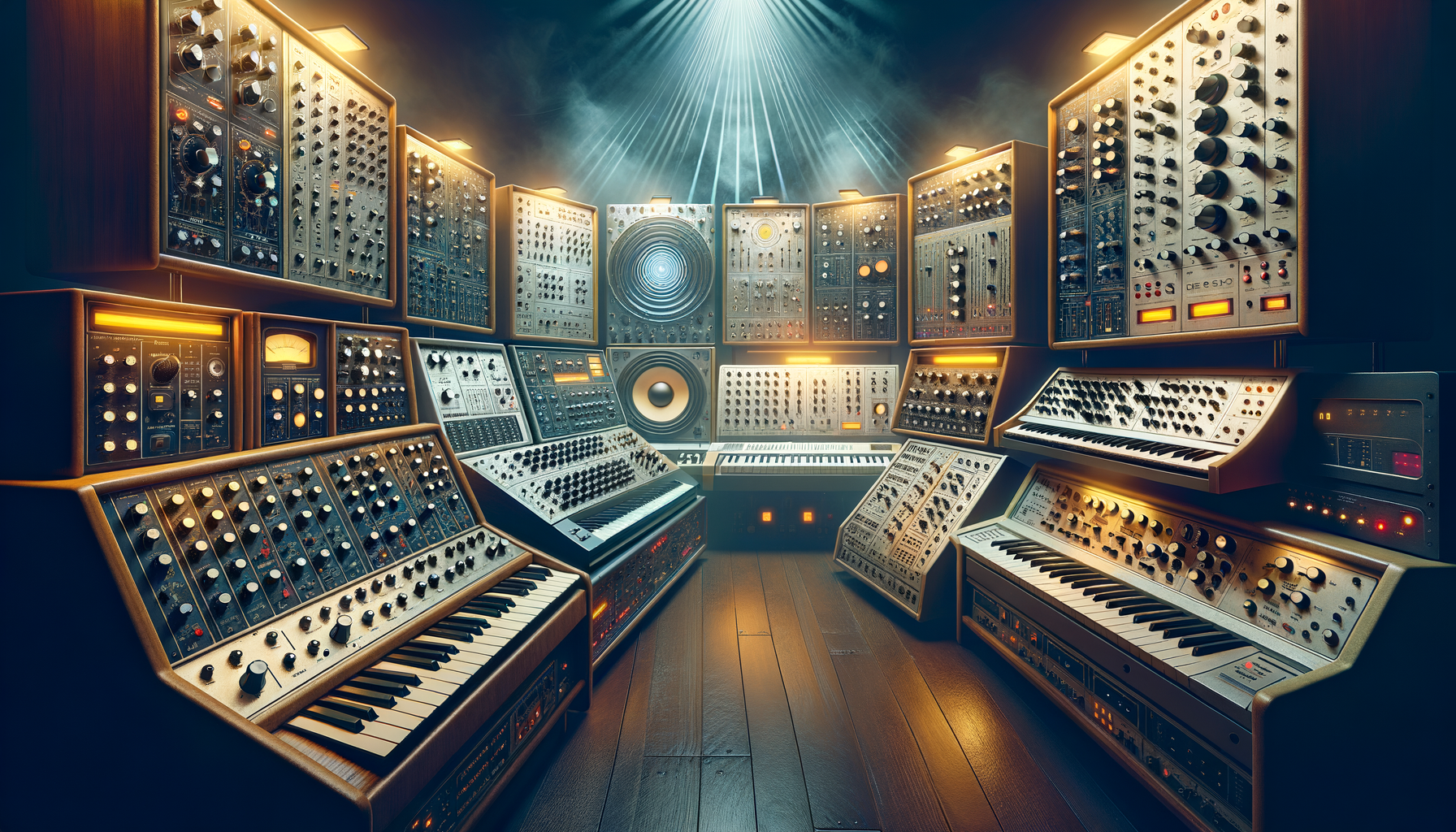
Innovations in Live Performances
Jarre’s contributions to electronic music were not limited to his studio albums. He is also renowned for his spectacular live performances, which transformed electronic music concerts into immersive sensory experiences. Jarre’s concerts often featured elaborate light shows, laser displays, and projections, setting a new standard for live electronic music performances. His record-breaking outdoor concerts attracted millions of attendees, demonstrating the mass appeal of electronic music and its potential to bring people together in shared experiences.
Laying the Groundwork for Future Generations
Jean-Michel Jarre’s influence on electronic music extends far beyond his own discography. His pioneering work in the 1970s laid the groundwork for the genre’s expansion in the decades that followed. Jarre’s innovative use of technology, combined with his musical vision, inspired countless artists and producers across various electronic music genres, from ambient and trance to techno and beyond. His legacy is evident in the continued evolution of electronic music, with many contemporary artists citing Jarre as a key influence in their own work.
The Rise of the French Touch
The 1990s heralded a transformative era in the realm of electronic music, particularly within the vibrant music scene of France, with the emergence of the French Touch movement. This innovative genre, characterized by its unique blend of house, techno, and disco elements, catapulted French artists to the forefront of the global music stage, marking a significant period of cultural export for France’s electronic music. Artists like Daft Punk, Air, Cassius, and St Germain were at the helm of this movement, crafting sounds that were not only revolutionary but also irresistibly groovy, ensuring their dominance on dance floors around the world.
Characteristics of the French Touch Sound
The French Touch sound is distinguished by its use of filtered and phased synthesizer loops, funk samples, and an unmistakable house groove that borrows heavily from disco and funk aesthetics. This genre is particularly noted for its use of analog equipment and sampling techniques, which imbue the music with a warm, nostalgic feel, while still pushing the boundaries of electronic music production. The sound is both sophisticated and accessible, marked by catchy melodies, smooth bass lines, and a rhythmic complexity that invites listeners to dance.
Impact on International Dance Music
The French Touch movement had a profound impact on the international dance music scene. It introduced a fresh, distinctive sound that broke away from the more aggressive tones of contemporary electronic music, offering instead a more melodic and harmonious approach that appealed to a wide audience. This sound quickly permeated clubs and radio stations across the globe, influencing not just the realm of electronic music but also pop and mainstream music production. The success of French Touch artists in international charts contributed to a renewed interest in electronic music, inspiring a new generation of producers and DJs worldwide.
Key Albums That Defined the Era
Several seminal albums emerged during this period, each playing a crucial role in defining the sound and ethos of the French Touch movement:
- Daft Punk – “Homework” (1997): Often hailed as a cornerstone of the French Touch genre, Daft Punk’s debut album “Homework” is a masterclass in electronic music production. Tracks like “Around the World” and “Da Funk” became instant classics, showcasing the duo’s innovative use of filters and samples.
- Air – “Moon Safari” (1998): Air’s debut album “Moon Safari” brought a more ambient and downtempo flavor to the French Touch sound. With tracks like “Sexy Boy” and “Kelly Watch the Stars,” the album demonstrated the genre’s versatility and its potential for crossover appeal.
- Cassius – “1999” (1999): Cassius’ album “1999” epitomized the club-ready aspect of French Touch, with its dancefloor anthems and energetic beats. The album’s success further cemented the global influence of the French electronic music scene.
- St Germain – “Tourist” (2000): Although released at the tail end of the 90s, “Tourist” by St Germain played a significant role in broadening the scope of French Touch, incorporating elements of jazz and blues into the electronic mix.
The French Touch movement of the 1990s was more than just a musical revolution; it was a cultural phenomenon that showcased the creativity and innovation of French artists. By blending house, techno, and disco into a unique sound, these artists not only dominated dance floors but also left an indelible mark on the international music landscape, solidifying France’s reputation as a powerhouse in electronic music. The legacy of the French Touch movement continues to influence contemporary artists, ensuring its place in the annals of music history.
Modern Pioneers of French Electronic Music
Justice and the Rock-Electronic Fusion
Justice, the Parisian duo consisting of Gaspard Augé and Xavier de Rosnay, emerged in the mid-2000s as a force that would redefine the boundaries of French electronic music. Their formation in 2003 marked the beginning of a journey that would see them blend rock’s raw energy with the sleek, danceable beats of electronic music, creating a sound that was both innovative and unmistakably French. This fusion not only captivated listeners worldwide but also played a pivotal role in the evolution of the electronic genre, bridging the gap between rock and electronic music in unprecedented ways.
The Formation of Justice and Their Musical Style
Justice’s story began when Augé and de Rosnay met in Paris, sharing a passion for music that transcended traditional genre boundaries. Their early work, including their iconic remix of Simian’s “Never Be Alone,” caught the attention of Ed Banger Records, leading to their signing with the label. This track, later known as “We Are Your Friends,” became an anthem of sorts, encapsulating the duo’s ethos and their knack for creating music that was as accessible as it was sophisticated.
Their musical style is characterized by a heavy use of distortion and compression, which gives their tracks a gritty, impactful sound. Justice’s music often features samples from a wide range of sources, including funk, disco, and rock, all woven together with pulsating electronic beats. This eclectic approach has allowed them to create a sound that is both nostalgic and forward-looking, paying homage to the past while pushing into new sonic territories.
Rock-Electronic Fusion and Its Global Resonance
Justice’s debut album, “†” (Cross), released in 2007, was a landmark in the fusion of rock and electronic music. Tracks like “D.A.N.C.E.,” “Genesis,” and “Phantom” showcased their ability to meld catchy hooks with heavy electronic production, creating a sound that was as suited for headphones as it was for the dancefloor. The album’s success was not just a triumph for Justice but a testament to the global appetite for music that blurred genre lines, resonating with fans of both rock and electronic music.
Their approach to live performances further solidified their reputation as pioneers of the rock-electronic fusion. Justice’s live shows, which often featured elaborate lighting setups and live instrumentation, blurred the line between a rock concert and a rave, offering audiences an immersive experience that was both visually and sonically arresting.
Influence on the Crossover Between Rock and Electronic Music
Justice’s impact on the crossover between rock and electronic music cannot be overstated. They have inspired a generation of artists to experiment with blending different musical styles, proving that electronic music can have the same depth and complexity as traditional rock. Their work has also opened up electronic music to a broader audience, demonstrating that electronic beats and synthesizers can convey emotion and energy in much the same way as guitars and drums.
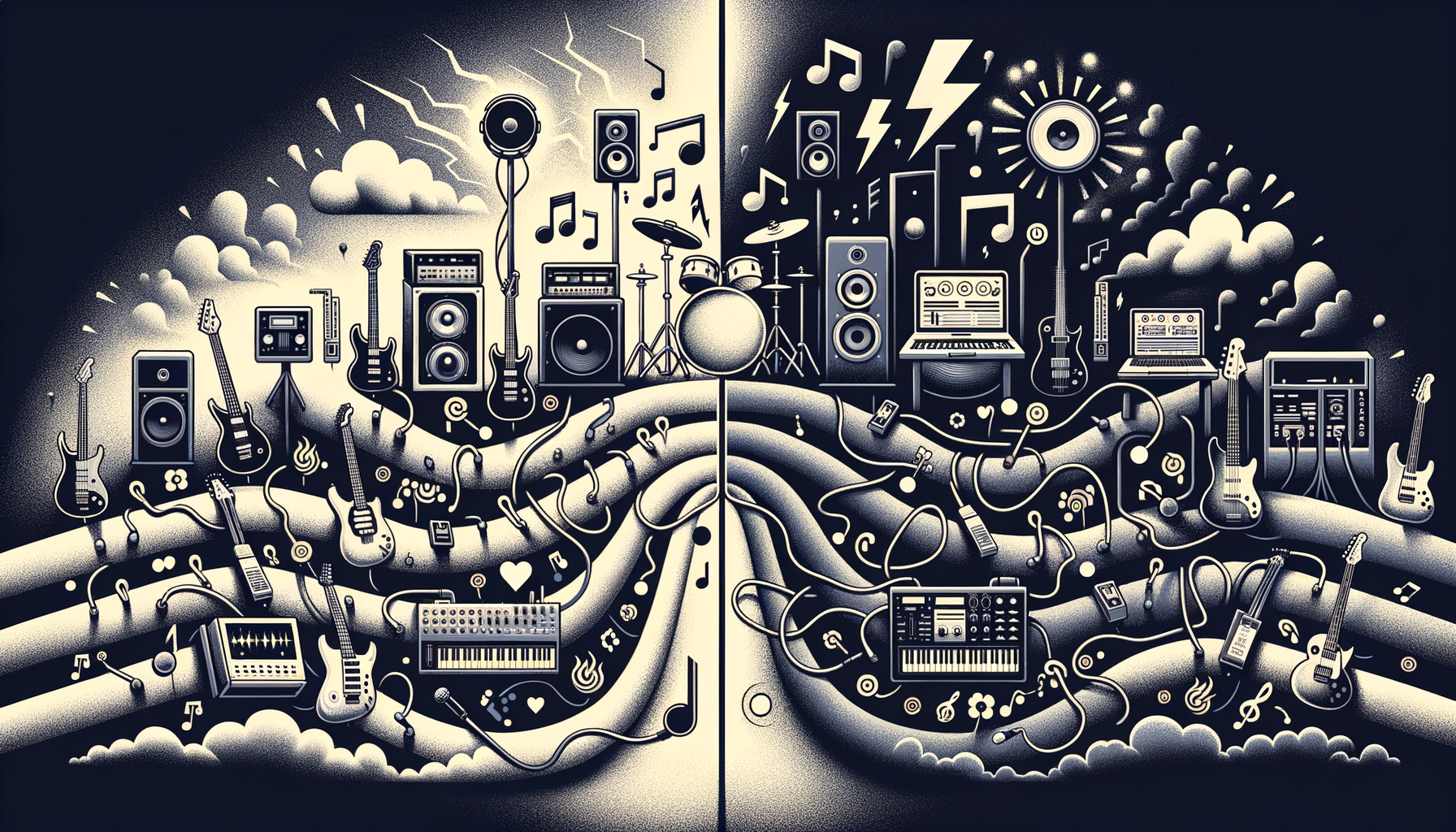
In the years since their debut, Justice has continued to evolve, exploring new sounds and ideas while remaining true to their core aesthetic. Albums like “Audio, Video, Disco” and “Woman” have seen the duo experiment with everything from prog-rock to disco, showcasing their versatility and their continued commitment to pushing the boundaries of music.
The Diverse Sounds of Today’s French Electronic Scene
Today’s French electronic music scene is as vibrant as ever, with artists like Gesaffelstein and Madeon bringing their unique styles to the forefront. These musicians showcase the ongoing innovation within France’s electronic music, drawing from a wide range of influences to create sounds that are both unique and captivating. Examine the current trends in French electronic music, including the rise of experimental and cross-genre collaborations.
The Global Impact of French Electronic Music
French electronic music has not only shaped the global music scene but has also influenced artists across various genres. The universal appeal of French electronic beats, melodies, and production techniques demonstrates the genre’s versatility and enduring popularity. From underground clubs to mainstream festivals, French electronic music continues to inspire and unite people across the world. Analyze the global influence of French electronic music, its presence in popular culture, and collaborations with international artists.
Iconic French Electronic Music Festivals
French electronic music has not only been shaped by its pioneering artists but also by the vibrant festival scene that has emerged over the years. Music festivals play a crucial role in promoting French electronic music, serving as platforms for both established and emerging artists to showcase their talent. Among these, Les Siestes Électroniques, Nuits Sonores, and Electrobeach stand out as major events that have contributed significantly to the global recognition of the genre. These festivals offer unique atmospheres, a wide variety of genres, and a communal space for fans and artists to celebrate the innovation and diversity of French electronic music.
Les Siestes Électroniques
Les Siestes Électroniques, held in Toulouse, is known for its laid-back vibe and eclectic lineup. This festival encourages attendees to explore the boundaries of electronic music in a relaxed setting, often featuring performances that span ambient, experimental, and avant-garde genres. The festival’s unique atmosphere is enhanced by its choice of venues, including public parks and historic sites, where attendees can enjoy music while lounging on picnic blankets under the open sky. Les Siestes Électroniques exemplifies the spirit of exploration and openness that characterizes the French electronic music scene, making it a crucial platform for artists pushing the genre’s boundaries.
Nuits Sonores
Nuits Sonores in Lyon is a testament to the dynamic and diverse nature of French electronic music. This festival spans several days and nights, offering a rich program that includes DJ sets, live performances, and workshops. Nuits Sonores is celebrated for its innovative use of urban spaces, transforming warehouses, industrial sites, and cultural landmarks into vibrant venues for electronic music. The festival’s atmosphere is electric, with a focus on cutting-edge music and digital culture. Nuits Sonores not only showcases a wide range of electronic genres but also fosters discussions on the future of music, technology, and society, reinforcing its role as a key event in the global electronic music calendar.
Electrobeach
Electrobeach, set against the picturesque backdrop of Port-Barcarès, is France’s largest electronic music festival. Known for its stunning beachside location, Electrobeach offers an unforgettable experience, combining the energy of electronic dance music with the beauty of the French coast. The festival attracts a global audience with its lineup of internationally renowned DJs and producers, spanning genres from house and techno to dubstep and trance. Electrobeach’s atmosphere is exhilarating, with state-of-the-art sound and light shows that complement the natural beauty of its setting. This festival not only highlights the popularity of French electronic music but also its ability to bring together fans from around the world in celebration of the genre.
The Global Impact of French Electronic Music Festivals
Les Siestes Électroniques, Nuits Sonores, and Electrobeach play a pivotal role in promoting French electronic music on the international stage. These festivals not only provide a platform for artists to reach wider audiences but also contribute to the cultural exchange that is central to the global electronic music community. By showcasing the diversity and innovation of French electronic music, these festivals help to cement France’s reputation as a leader in the genre. Furthermore, they foster a sense of community among fans and artists, creating spaces where people can come together to celebrate their shared passion for electronic music.
French Electronic Music in Film and Media
The integration of French electronic music into film soundtracks, advertisements, and other forms of media has played a significant role in broadening the genre’s appeal and showcasing its versatility. French electronic artists have a knack for creating atmospheric, emotive, and dynamic tracks that complement visual media, enhancing narratives and evoking strong emotional responses from audiences. This synergy between French electronic music and visual media has not only elevated the projects it accompanies but also cemented the genre’s influence on a global scale.
French Electronic Music in Film Soundtracks
One of the most notable examples of French electronic music’s integration into film is the work of Daft Punk for the soundtrack of “Tron: Legacy.” Their score for the film is a masterful blend of orchestral elements and electronic music, creating a futuristic soundscape that perfectly complements the movie’s digital world. The soundtrack was critically acclaimed and showcased the duo’s ability to transcend traditional electronic music boundaries, bringing their sound to a wider audience.
Similarly, the French electronic band M83, led by Anthony Gonzalez, composed the soundtrack for the movie “Oblivion.” Their signature dreamy, synth-heavy sound added depth and emotion to the sci-fi narrative, demonstrating how French electronic music can effectively enhance the storytelling in films.
Advertisements and Brand Collaborations
French electronic music has also found its way into the world of advertising, where its energy and modernity have been used to invigorate brand messages and connect with younger audiences. Justice’s track “Genesis” was famously used in a campaign for Adidas, aligning the brand with the edgy, dynamic sound that Justice is known for. This not only helped in promoting the product but also in associating the brand with a certain lifestyle and aesthetic.
Air’s track “Sexy Boy” has been used in various commercials and promotional videos, showcasing the band’s ability to create music that is both catchy and atmospheric. The use of their music in advertisements highlights the widespread appeal and recognizability of French electronic music.
French Electronic Music in Television and Online Media
French electronic music has also made its mark on television and online media, with tracks being featured in TV shows, web series, and viral videos. The inclusion of such music often adds a contemporary, stylish flair to content, appealing to modern sensibilities and enhancing the overall viewing experience.
For instance, the TV series “Mr. Robot” has utilized French electronic music to underscore its themes of hacking and digital dystopia, using tracks that evoke a sense of tension and technological intrigue. This effective use of music helps in immersing viewers in the show’s atmosphere, proving the genre’s ability to complement and elevate narrative storytelling.
10 electronic music festivals in France
1. Les Siestes Électroniques – Toulouse: Focuses on exploring electronic and experimental music in a relaxed setting, perfect for enjoying innovative sounds under the sun.
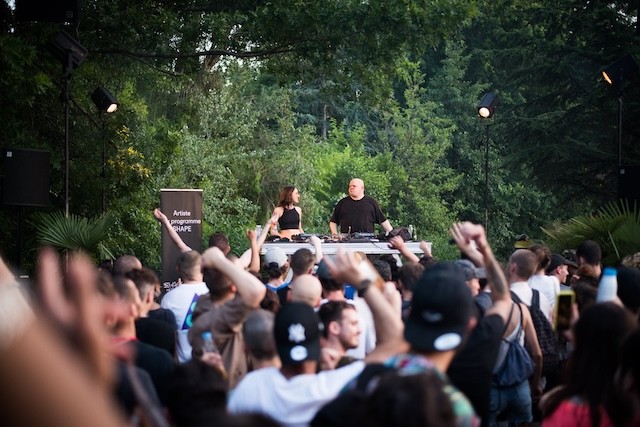
2. Nuits Sonores – Lyon: Held in Lyon, Nuits Sonores is known for its avant-garde electronic and indie music, attracting international artists and a passionate audience eager to discover musical trends.
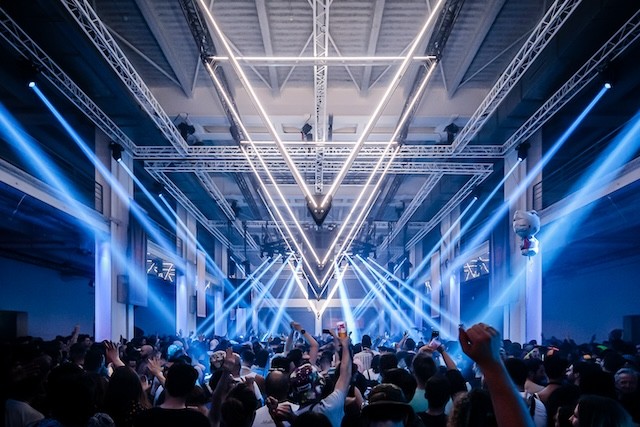
3. Electrobeach Music Festival – Port-Barcarès: France’s largest electronic music festival, located on the Mediterranean coast, offers stunning outdoor stages and a lineup of world-famous DJs.
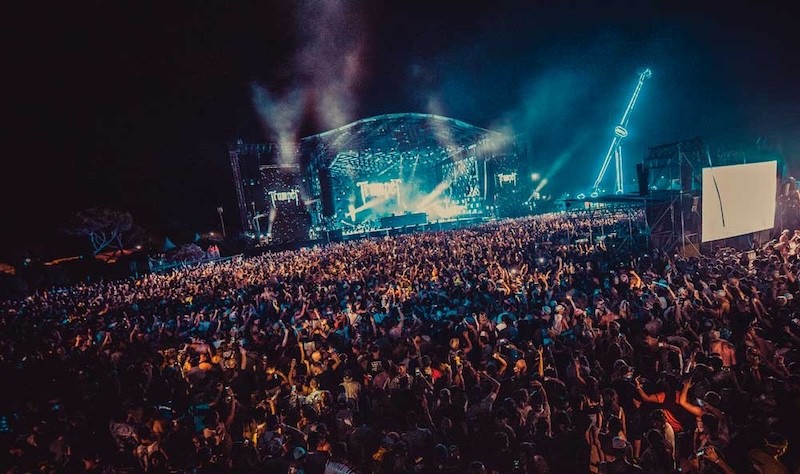
4. Weather Festival – Paris: Known for its cutting-edge lineup and underground music scene, Weather Festival showcases a mix of established artists and emerging talent, making it a hub for innovation in electronic music.
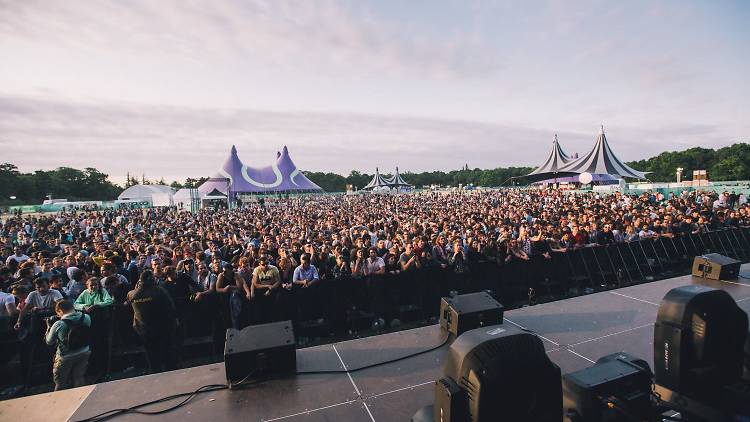
5. Marsatac – Marseille: Celebrates electronic music alongside genres like hip-hop, offering a diverse experience in the vibrant city of Marseille.

6. Garorock – Marmande: While Garorock includes a variety of musical genres, its lineup always features a solid representation of electronic acts, from emerging artists to established names.
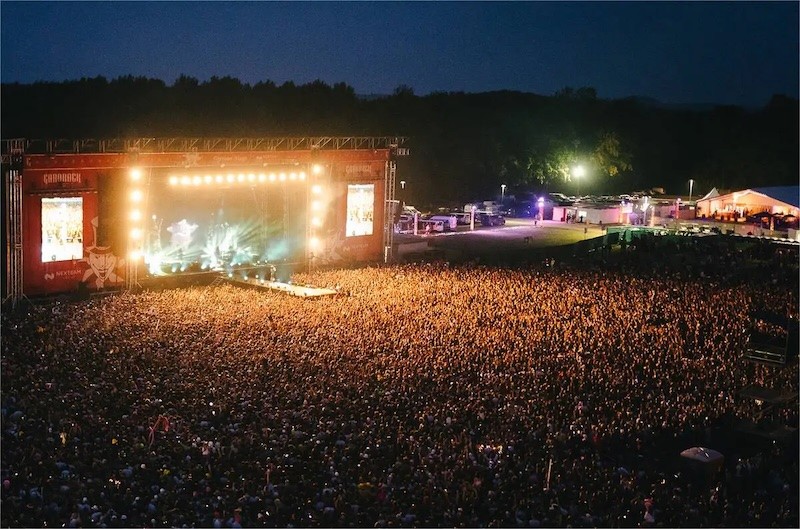
7. Astropolis – Brest: One of France’s oldest electronic music festivals, Astropolis is known for its intimate atmosphere and focus on techno, house, and trance music.
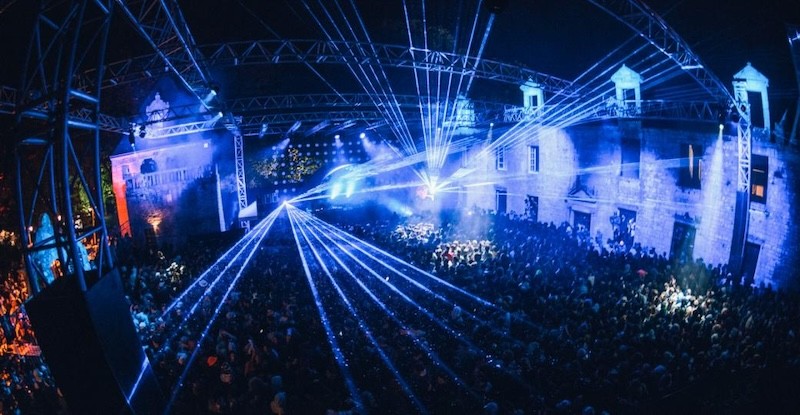
8. Pitchfork Music Festival Paris – Paris: The French edition of the Chicago-originated festival includes an impressive selection of electronic acts alongside other indie and alternative genres.
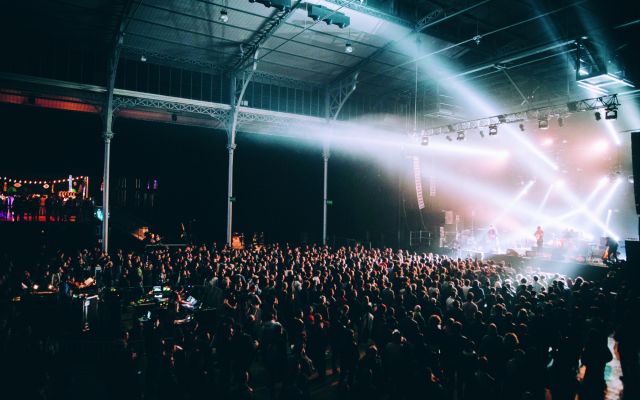
9. Techno Parade – Paris: More than a festival, Techno Parade is a musical parade through the streets of Paris, celebrating electronic music culture with floats featuring live DJs.
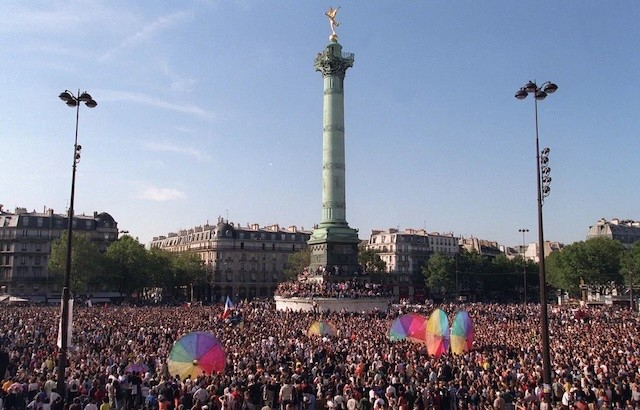
10. Delta Festival – Marseille: Located on the beaches of Marseille, Delta Festival combines electronic music with sports, art, and cultural activities, creating a unique and diverse festival experience.

36 French DJs who have made significant contributions to the electronic music scene
1. David Guetta – One of the world’s most renowned DJs, known for blending electronic music with pop.
The Future of French Electronic Music
Speculate on the future directions of French electronic music, considering technological advancements, emerging artists, and potential shifts in listener preferences. Discuss how French electronic music can continue to innovate and influence the global music scene.
The evolution of French electronic music is a testament to the creativity, passion, and innovation of its artists. From the pioneering sounds of the past to the dynamic beats of the present, French electronic music continues to be a driving force in the global music scene, influencing trends and inspiring artists worldwide. As it moves forward, the legacy of French electronic music will undoubtedly continue to grow, reflecting the ever-changing landscape of sound and culture.




